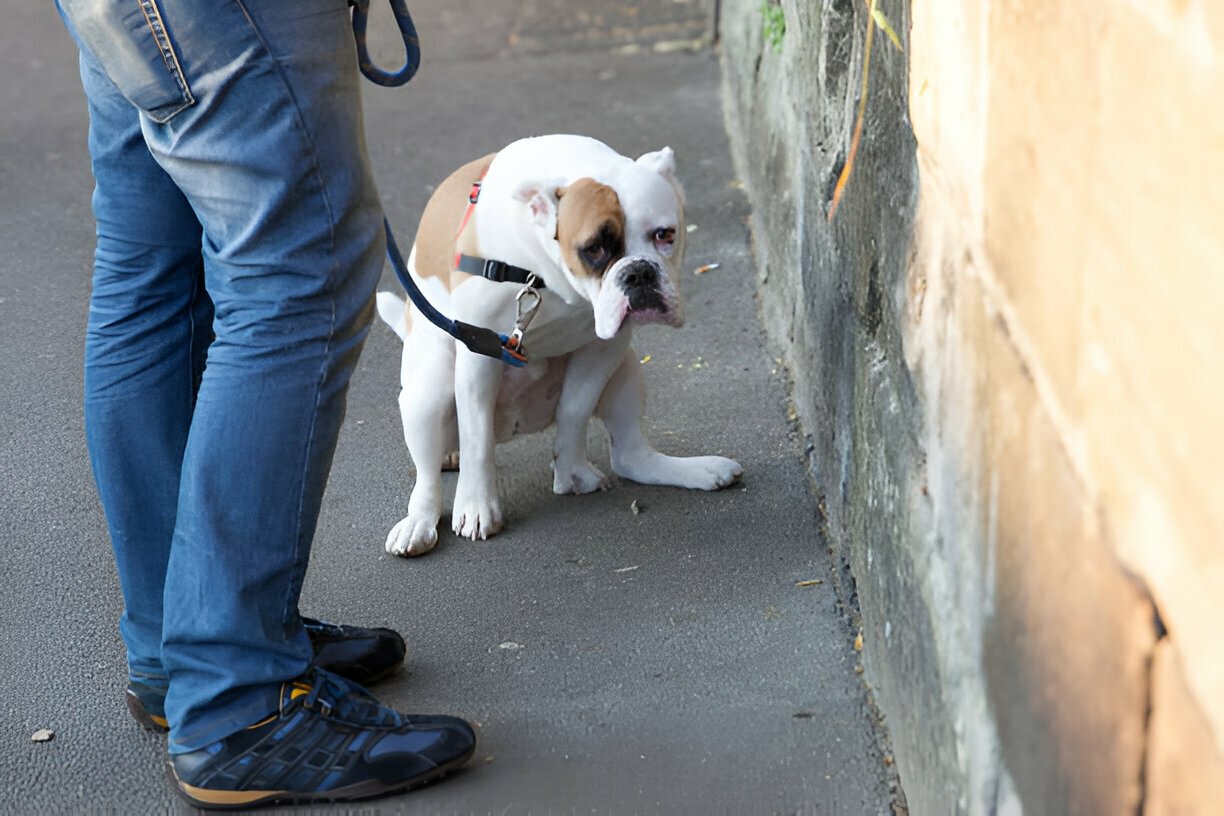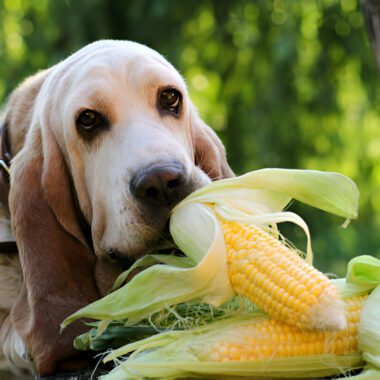Table of Contents
Introduction of dog pooping blood
As a dog owner, witnessing your beloved pet pooping blood can be alarming and distressing. Understanding the potential causes and knowing when to seek veterinary care is crucial for your dog’s health and well-being.
Causes of Blood in Dog’s Stool
Dietary Factors
One of the common reasons for blood in a dog’s stool is dietary indiscretion. Consuming certain foods, especially those that are spicy or fatty, can irritate the gastrointestinal tract, leading to inflammation and bleeding.
Parasites and Infections
Parasitic infestations such as hookworms, roundworms, or whipworms can cause intestinal damage and result in bloody stools. Bacterial or viral infections, such as parvovirus or salmonella, can also lead to gastrointestinal bleeding.
Inflammatory Conditions
Inflammatory bowel disease (IBD) or colitis can cause chronic inflammation of the intestinal lining, leading to bleeding and other digestive symptoms.
Trauma or Injury
In some cases, trauma or injury to the gastrointestinal tract, such as swallowing a foreign object or blunt force trauma, can result in bleeding.

Symptoms to Look Out For
Visible Blood in Stool
One of the most obvious signs of blood in a dog’s stool is the presence of red or dark-colored blood. Sometimes the blood may be mixed with the stool or appear as streaks.
Changes in Stool Consistency
Along with blood, you may notice changes in your dog’s stool consistency, such as diarrhea or mucus-covered stools.
Other Accompanying Symptoms
Depending on the underlying cause, your dog may exhibit other symptoms such as vomiting, lethargy, loss of appetite, or abdominal pain.
When to Seek Veterinary Care
Immediate Attention Needed
If your dog is pooping large amounts of blood, experiencing severe abdominal pain, or showing signs of shock such as pale gums and rapid breathing, seek immediate veterinary care.
Monitoring and Observation
If the bleeding is mild and your dog is otherwise acting normal, monitor closely for any changes and consider seeking veterinary advice if the problem persists or worsens.

Diagnostic Procedures
Physical Examination
Your veterinarian will perform a thorough physical examination to assess your dog’s overall health and look for any signs of illness or injury.
Laboratory Tests
Blood tests, fecal examinations, and other laboratory tests may be conducted to help identify the underlying cause of the blood in your dog’s stool.
Imaging Studies
In some cases, imaging studies such as X-rays or ultrasound may be recommended to further evaluate the gastrointestinal tract.
Treatment Options
Addressing Underlying Cause
Treatment will depend on the underlying cause of the blood in your dog’s stool. This may involve medications to control inflammation or infection, deworming treatments, or dietary changes.
Medications and Therapies
Your veterinarian may prescribe medications such as antibiotics, anti-inflammatory drugs, or probiotics to help alleviate symptoms and promote healing.
Dietary Changes
Switching to a bland or easily digestible diet may help soothe your dog’s gastrointestinal tract and reduce irritation.
Home Care and Prevention
Tips for Managing at Home
Provide plenty of fresh water for your dog to drink and monitor their appetite and behavior closely. Avoid giving them any treats or table scraps that could exacerbate the problem.
Preventive Measures to Avoid Recurrence
Once the underlying cause has been addressed, it’s essential to take preventive measures to avoid recurrence. This may include regular parasite prevention, feeding a balanced diet, and minimizing exposure to potential toxins or irritants.

FAQs
How serious is it if my dog is pooping blood?
Any amount of blood in your dog’s stool should be taken seriously and evaluated by a veterinarian to determine the underlying cause.
Can certain foods cause blood in a dog’s stool?
Yes, certain foods, especially those that are spicy or fatty, can irritate the gastrointestinal tract and lead to bleeding.
Is it safe to wait and see if the blood in my dog’s stool resolves on its own?
It’s always best to seek veterinary advice if you notice blood in your dog’s stool, as it could be a sign of a serious underlying condition that requires treatment.
What should I do if I notice blood in my dog’s stool?
Monitor your dog closely for any changes in behavior or symptoms and seek veterinary care promptly for a thorough evaluation.
Can stress cause a dog to poop blood?
While stress can contribute to digestive upset in some dogs, it’s usually not the primary cause of blood in the stool. However, chronic stress can weaken the immune system and make dogs more susceptible to certain health issues.
Conclusion of dog pooping blood
Finding blood in your dog’s stool can be concerning, but prompt veterinary care and appropriate treatment can help address the underlying cause and ensure your dog’s health and well-being. By understanding the potential causes, recognizing the symptoms, and taking preventive measures, you can help keep your furry friend happy and healthy.











